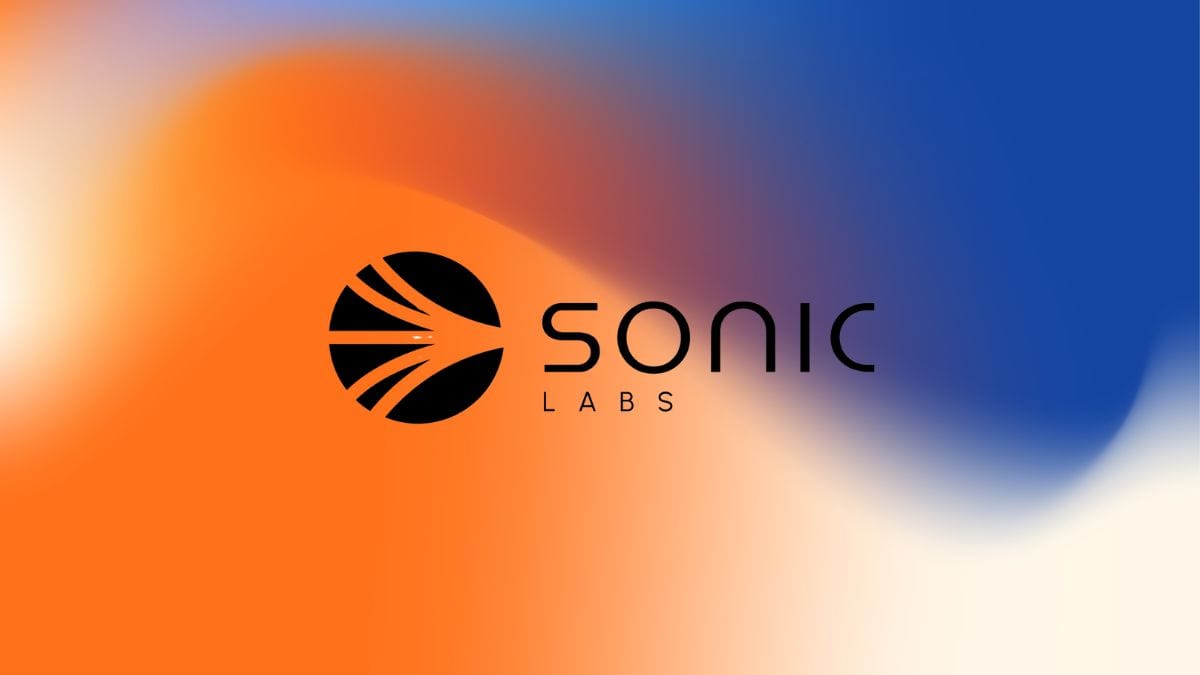Is Sonic the Most Advanced Layer-2? Andre Cronje Thinks So
30.01.2025 15:00 1 min. read Alexander Zdravkov
Sonic (S) is being hailed as the "golden standard" of layer-2 solutions by co-founder Andre Cronje, who claims it stands apart as the only fully decentralized stage 3 L2.
Unlike competitors that profit from high transaction fees, Sonic reportedly submits all transactions directly to Ethereum without centralized value extraction.
Cronje highlights Sonic’s decentralized sequencing and bridges, emphasizing that while other L2s claim to decentralize, they continue to collect millions in fees annually. Sonic, he argues, has already achieved what others are still pretending to pursue.
The network has also made significant technical advancements, scaling transactions to over 16,000 per second while reducing storage needs by 98%, even for archival nodes. Features like FeeM, FeeSub, and Dynamic Fees add further efficiency to the system.
Sonic is designed to optimize smart contract functionality for decentralized applications (dApps), making it a powerful tool for developers. To support its growing ecosystem, holders of FTM can swap their tokens for Sonic’s native S token at a 1:1 ratio.
These tokens will play an essential role in network operations, further cementing Sonic’s vision for a faster, more decentralized blockchain infrastructure.
-
1
Malaysia Opens the Door to Blockchain Experimentation With Launch of Innovation Hub
18.06.2025 22:00 2 min. read -
2
JPMorgan Lays Groundwork for Tokenized Finance with New Blockchain Trademark
17.06.2025 12:00 1 min. read -
3
The Bitcoin-Cardano Bridge is Here: What it Means for DeFi
10.06.2025 21:00 1 min. read -
4
Chainlink Edges Closer to Wall Street Integration, Says Co-Founder
12.06.2025 9:00 1 min. read -
5
Polygon Breaks from Decentralization as Sandeep Nailwal Assumes Full Control
11.06.2025 20:00 2 min. read
Canton Network Developer Secures $135M to Expand Institutional Blockchain Use
Digital Asset has locked in $135 million in fresh capital to scale up its institutional blockchain platform, Canton Network.
Developers Flock to Solana Projects as Ecosystem Activity Rises
Developer engagement across the Solana ecosystem has remained high over the past month, with core protocol development and infrastructure projects dominating GitHub activity, according to new data from crypto analytics firm Santiment.
Cardano Leads Developer Activity, Ethereum Maintains Ecosystem Dominance
Development trends across major blockchain networks show Cardano pulling ahead in core contributions, while Ethereum continues to dominate the broader ecosystem despite a drop in participation.
Kraken’s Ink Chain Ramps Up Usage as Token Launch Approaches
Ink, the Layer-2 network incubated by Kraken and built on Optimism’s Superchain framework, is suddenly buzzing with on-chain activity.
-
1
Malaysia Opens the Door to Blockchain Experimentation With Launch of Innovation Hub
18.06.2025 22:00 2 min. read -
2
JPMorgan Lays Groundwork for Tokenized Finance with New Blockchain Trademark
17.06.2025 12:00 1 min. read -
3
The Bitcoin-Cardano Bridge is Here: What it Means for DeFi
10.06.2025 21:00 1 min. read -
4
Chainlink Edges Closer to Wall Street Integration, Says Co-Founder
12.06.2025 9:00 1 min. read -
5
Polygon Breaks from Decentralization as Sandeep Nailwal Assumes Full Control
11.06.2025 20:00 2 min. read


